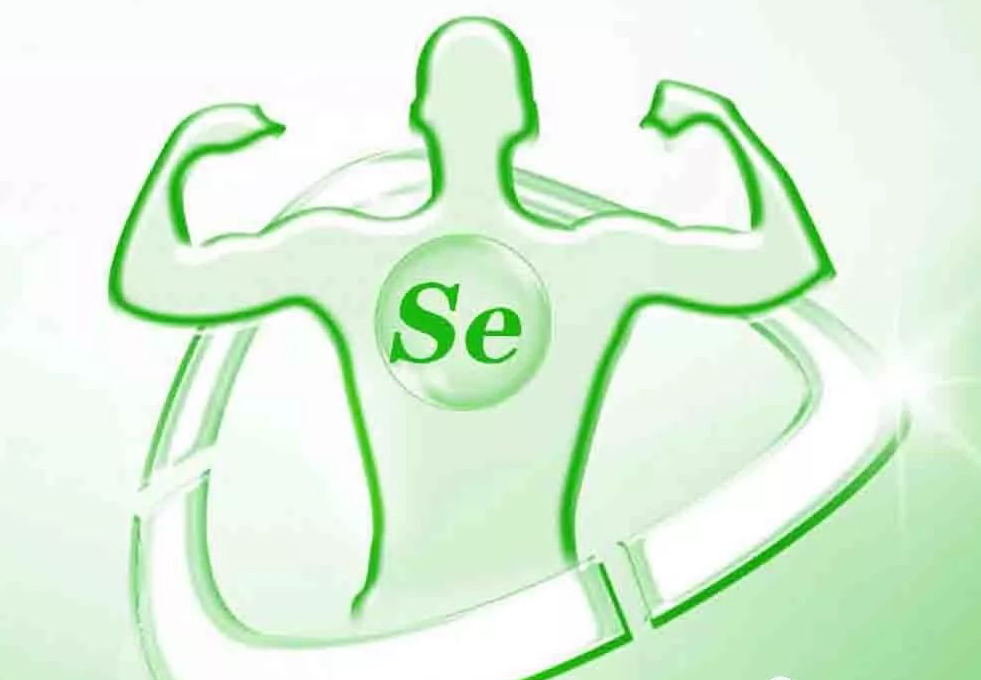You’re sailing in a sea of nutrition, but are you catching the right fish? One often-overlooked gem is selenium. This little-known mineral is a powerhouse for your body, boosting immunity and metabolism.
Yet, it’s often overlooked. This article will help you discover selenium’s hidden benefits, how to incorporate it into your diet, and the deficiency risks.
Let’s embark on this voyage to better health together.
What Is Selenium?
In your quest for optimal health, you’ve likely encountered selenium, a powerful mineral essential for numerous bodily functions. This trace element found naturally in soil, water, and some foods, plays a crucial role in your body. It would help if you got it from your diet since it can’t be produced internally.
Selenium supports metabolism and thyroid function while providing potent antioxidant properties. Antioxidants help protect cells from damage caused by harmful free radicals. You may experience fatigue, mental fog, or a weakened immune system when you don’t get enough selenium. On the other hand, too much selenium can lead to toxicity, so it’s important to strike a balance.
Understanding selenium’s role can guide you in maintaining your health.
Selenium Benefits
You might be curious about what selenium can do for you.
It’s a powerhouse mineral that helps maintain your thyroid health and protect your brain as you age.
Plus, it may help reduce your risk of certain cancers and heart disease while significantly boosting your immune system.
Thyroid health
Your thyroid health can significantly benefit from selenium’s crucial role in hormone production and protection against oxidative damage. This essential mineral aids in converting the thyroid hormone thyroxine (T4) into its active form, triiodothyronine (T3), boosting your metabolism. A selenium deficiency can lead to thyroid issues like hypothyroidism and autoimmune thyroid disorders. The thyroid gland has the highest selenium concentration per gram of tissue because of these vital functions.
Helps prevent mental decline
Keeping your brain’s health in check, selenium’s role in preventing mental decline can’t be overstated. This essential mineral aids in maintaining cognitive function.
As we age, our brains are exposed to oxidative stress, which can lead to potential damage and mental decline. Selenium acts as a potent antioxidant, fighting these harmful effects.
It’s been linked to a reduced risk of diseases such as Alzheimer’s and Parkinson’s. By maintaining adequate selenium levels in your diet, you’re not just supporting your physical health but your mental well-being too.
May reduce your risk of certain cancers
Just as selenium aids your brain health, it also plays a significant role in reducing your risk of certain cancers. Some studies suggest that a diet rich in selenium can help protect against lung, colon, and prostate cancers.
The key is selenium’s antioxidant properties, which help to fight damaging particles in the body known as free radicals. This protection helps reduce DNA damage and inflammation, which can contribute to cancer development.
However, it’s important to note that selenium benefits from food, not supplements. So, you’d be wise to include selenium-rich foods such as Brazil nuts, fish, and brown rice in your diet.
May protect against heart disease
Continuing with selenium’s impressive benefits, it’s noteworthy that this essential mineral may also help protect your heart. Scientific studies suggest a balanced selenium intake can lower your risk of heart disease. It appears to accomplish this by reducing inflammation and oxidative stress in your body, which can lead to cardiovascular disease.
Extensive research has linked higher blood levels of selenium to a lower risk of heart disease. But remember, it’s best to get your selenium from a balanced diet rather than supplements. Foods rich in selenium include Brazil nuts, halibut, yellowfin tuna, and chicken breast.
Boosts your immune system
Selenium is crucial for boosting the immune system and safeguarding the heart. It is fundamental for the growth and function of white blood cells, the body’s primary defense against illnesses.
People with adequate selenium levels are better equipped to fight off viral and bacterial infections. Selenium can help ward off the common cold and combat more serious conditions like HIV.
This mighty mineral can also reduce inflammation and oxidative stress, further fortifying your immunity. So, don’t underestimate the power of this essential nutrient. By including selenium-rich foods in your diet, you’re not just nourishing your body, you’re beefing up your body’s defense system too.
Foods Containing Selenium
Selenium is often naturally present in a variety of foods, both plant-based and animal-derived. If you’re a seafood lover, you’re in luck. Oysters, yellowfin tuna, and halibut are all rich in selenium. For meat-eaters, turkey, chicken breast, and beef liver are excellent sources.
If you’re more inclined towards plant-based foods, don’t worry. Brazil nuts are a powerhouse of selenium. Just one nut provides more than a day’s worth. You can also find good amounts in sunflower seeds, shiitake mushrooms, and whole grains.
How Much Selenium Should You Take?
It would help if you aimed to consume about 55 micrograms of selenium daily, as this is the recommended dietary allowance for adults. It’s important to consider that the selenium content in food can vary based on the soil in which it’s grown. Therefore, eating a varied diet is crucial to ensure you’re getting enough.
If you’re considering selenium supplements, it’s advisable to consult a healthcare provider first. Although the upper safe limit is 400 micrograms daily, long-term intake of high doses can cause adverse effects. Common symptoms of selenium toxicity include hair loss, gastrointestinal upset, fatigue, and irritability.
Conclusion
In a nutshell, selenium is a game-changer for your health. From boosting your immune system to aiding your metabolism, it’s a vital nutrient your body needs.
So, don’t shy away from selenium-rich foods. Remember, you only need a small amount to reap big benefits. Be mindful of potential deficiency signs and take action if needed.
So why wait? Dive into the world of selenium and give your health the boost it deserves. It’s your body, take care of it!
Reference:
https://www.webmd.com/a-to-z-guides/supplement-guide-selenium
